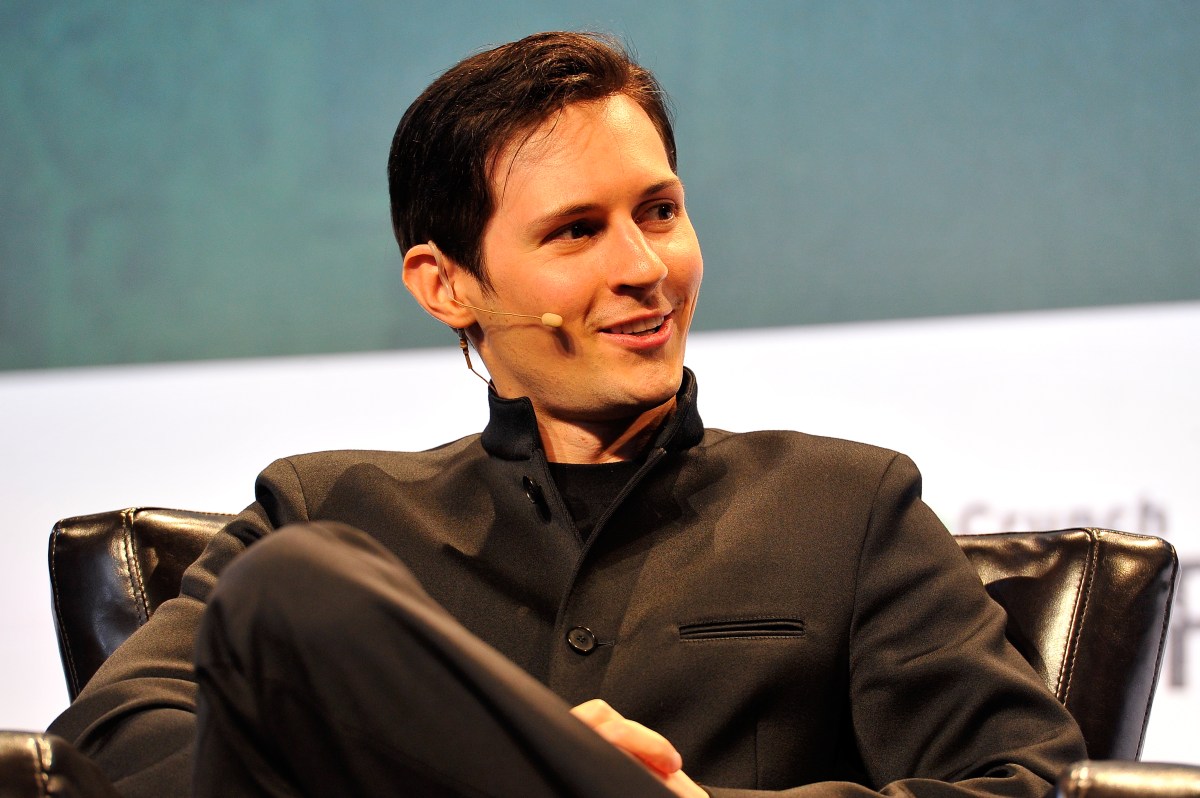When Pavel Durov, founder and CEO of messaging app Telegram, was arrested on August 24, French authorities did not respond to requests for comment. The secrecy of pre-trial investigations and inquiries is an important principle in the French judicial system.
French television network TF1 reported that the main issues are Telegram’s (lack of) moderation processes and unwillingness to cooperate with law enforcement, especially when it comes to drug trafficking, money laundering and child sexual abuse material (CSAM).
But the court in charge of the investigation, the Paris criminal court, probably didn’t expect to garner so much attention and speculation. The billionaire owner of X, Elon Musk, posted “#FreePavel” on his own social networking platform. Edward Snowden — the NSA whistleblower and privacy campaigner — implied Durov’s arrest was a political decision taken by French President, Emmanuel Macron.
Given that Telegram is the most popular social app in Russia and Ukraine, it also became a hot topic for both Russian authorities and the Russian opposition.
The publicity circus accompanying the arrest explains why the court decided to share a press release listing the charges against Durov. According to this document, the Paris Public Prosecutor’s Office opened a preliminary investigation against Durov on July 8 related to efforts to combat cybercrime.
The Centre for the Fight against Cybercrime (C3N) and the Anti-Fraud National Office (ONAF) have been involved in the investigation. In all, 12 charges have been filed against “a person unnamed” — a classic French judicial term to imply whoever is in charge of Telegram right now.
The charges can be broken down into four categories:
- Firstly, Telegram’s founder has been charged with being complicit in storing and distributing CSAM content, facilitating drug trafficking and facilitating organized fraud and other illegal transactions.
- Second, the court claims that Telegram refuses to cooperate with law enforcement when they file a formal request for information or documents.
- Third, Durov faces several charges related to Telegram’s cryptographic features as they haven’t been formally declared or certified by French authorities. These seem to be minor offenses according to professor of law Florence G’sell.
- Fourth, Durov is accused of taking part in a “criminal association with a view to committing a crime or an offense punishable by 5 or more years of imprisonment”, as well as money laundering.
The charges are both broad and technical at the same time. It’s also hard to know exactly their basis without access to the full investigation.
The charges related to CSAM content, drug trafficking and fraud are likely related to Telegram’s moderation processes. As a reminder, Telegram currently has 950 million monthly active users and few moderation tools and processes. In an interview with Tucker Carlson, Durov mentioned that there are only 30 engineers working on the social app.
As for the money laundering charge, Telegram added a digital currency, called Stars, last month. This currency can be used to buy digital content from other users. But Stars can also be converted to Toncoin, the cryptocurrency Telegram uses for various paid features.
Telegram also has a built-in crypto wallet and Toncoins can be traded on various crypto exchanges and transferred to a bank account.
Based on today’s charges, it may be investigators suspect Telegram of failing to follow “know your customer” requirements in relation to some of its crypto-related features, which could have facilitated money laundering.
A sixth charge on the prosecutor’s list is particularly hard to decipher. “Complicity — offering, selling or making available, without legitimate reason, equipment, tools, programs or data designed for or adapted to get access to and to damage the operation of an automated data processing system,” Prosecutor Laure Beccuau wrote.
There’s one thing we know for sure in light of this list of charges — Durov was arrested due to a criminal investigation.
His arrest was not related to the European Union’s Digital Services Act (DSA) or other tech-specific regulation. Enforcement of the EU’s online governance rules could not lead to a platform owner being arrested. (Note: Musk’s X has been under DSA investigation since December and there’s no threat of the tech mogul being taken into custody if his jet puts wheels down on EU soil.)
Macron has also stated on the record that Durov’s arrest was not a political move. In a post on X on Monday the French president stressed that the judiciary system remains independent from the executive power in France.
“It is up to the judiciary, in full independence, to enforce the law,” Macron wrote. “The arrest of the president of Telegram on French soil took place as part of an ongoing judicial investigation. It is in no way a political decision. It is up to the judges to rule on the matter.”
So what’s next for Durov? French authorities can detain and interview the Telegram founder for up to 96 hours — and that deadline is coming up fast. After that, the court has to decide whether he will be formally indicted for some or all of the charges mentioned above.
If the latter, the court will also take a decision on whether he has to stay in custody as a preventive measure.
Given that Durov usually lives in Dubai, holds multiple passports and owns a private jet, they could decide there’s a substantial risk he’ll try to flee the country and decide to detain him while a case proceeds.

